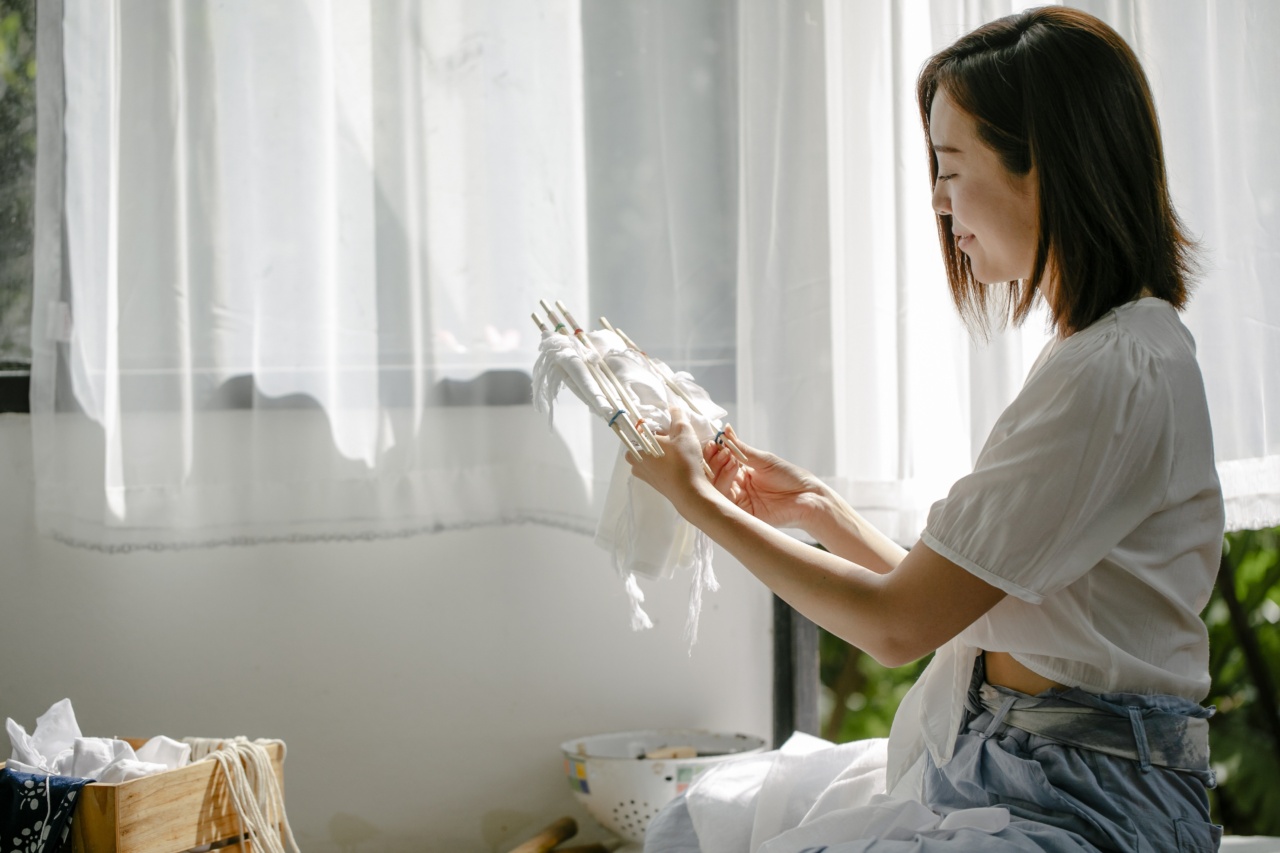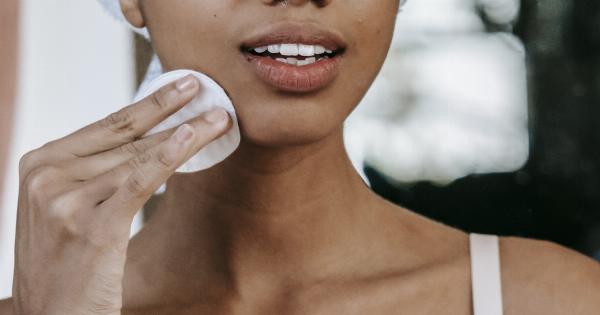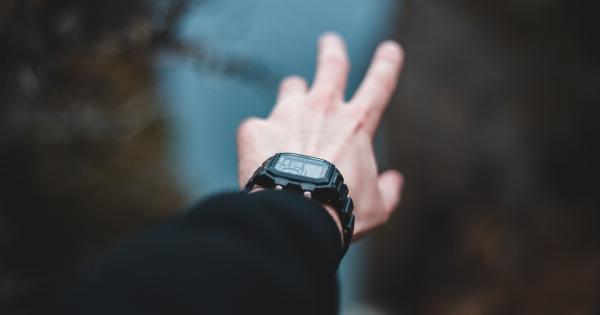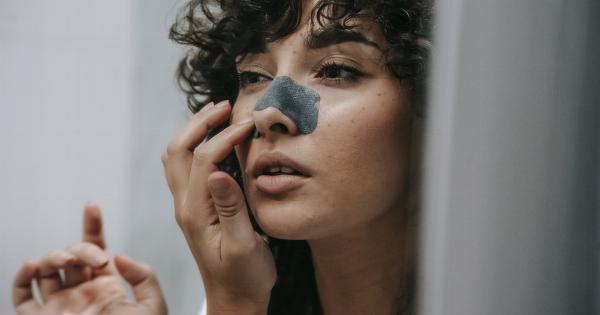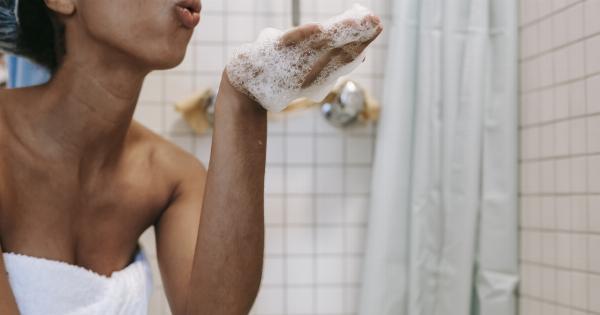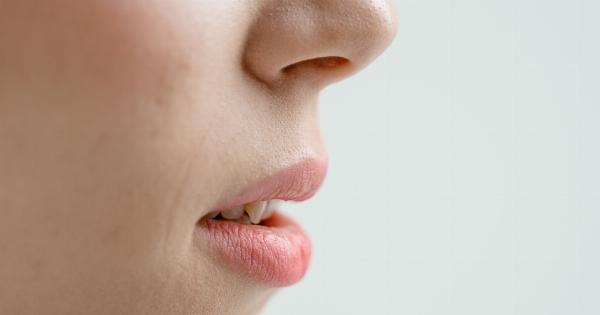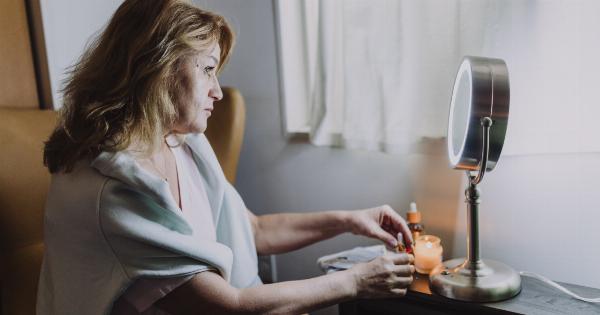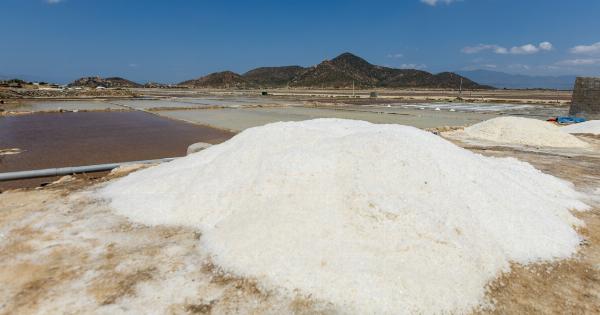Skin exfoliation is an essential part of a proper skincare routine. It helps remove dead skin cells on the outermost layer of your skin, promoting better skin cell turnover and improving the overall appearance and texture of your skin.
However, not all exfoliation products available in the market are safe and effective. Some contain harsh chemicals that can damage your skin, while others can be too abrasive and cause irritation.
Don’t worry; you can still achieve that perfect glow without having to spend a lot of money on expensive exfoliating products. There are natural materials you can find in your kitchen that can serve as excellent exfoliants.
1. Brown Sugar
Brown sugar is a popular ingredient used in DIY skin exfoliation. It contains glycolic acid, which can deeply penetrate the skin and remove dead skin cells. It also has a softer texture than regular sugar, making it less abrasive and gentler on the skin.
Here’s how to make a brown sugar scrub:.
- Mix 2 parts of brown sugar with 1 part of coconut oil.
- Apply the mixture onto your skin and gently massage in a circular motion.
- Rinse off with warm water and pat your skin dry.
2. Oatmeal
Oatmeal is not only a healthy breakfast option, but it’s also an excellent natural exfoliant. Its coarse texture makes it perfect for removing dead skin cells, and it’s also great for soothing irritated skin.
Here’s how to make an oatmeal scrub:.
- Grind 1/4 cup of oatmeal into a fine powder.
- Mix the oatmeal powder with 1 tablespoon of honey and 1 tablespoon of olive oil.
- Apply the mixture onto your skin and leave it on for 10-15 minutes.
- Gently scrub your skin using circular motions before rinsing with warm water.
3. Coffee Grounds
If you’re a coffee lover, you’ll be happy to know that coffee grounds make an excellent exfoliant, thanks to their coarse texture and caffeine content. Caffeine can improve blood flow, reducing the appearance of cellulite.
Here’s how to make a coffee scrub:.
- Mix 1/4 cup of coffee grounds with 1 tablespoon of coconut oil.
- Apply the mixture onto your skin and gently massage in a circular motion.
- Rinse off with warm water and pat your skin dry.
4. Baking Soda
Baking soda is an excellent natural exfoliant for those with oily skin. Its alkaline properties can help balance the skin’s pH level and remove excess oil. However, it can be quite abrasive, so it’s best to use it sparingly.
Here’s how to make a baking soda scrub:.
- Mix 1 tablespoon of baking soda with 1 tablespoon of water to make a paste.
- Apply the paste onto your skin and gently massage in a circular motion.
- Leave it on for 5-10 minutes before rinsing off with warm water.
5. Sea Salt
Sea salt is an excellent natural exfoliant for those with acne-prone skin. Its natural antiseptic properties can help prevent the growth of bacteria that can cause acne. It’s also rich in minerals that can nourish and detoxify the skin.
Here’s how to make a sea salt scrub:.
- Mix 1/4 cup of sea salt with 1 tablespoon of almond oil.
- Apply the mixture onto your skin and gently massage in a circular motion.
- Rinse off with warm water and pat your skin dry.
Conclusion
Exfoliating your skin is an essential part of your skincare routine, but you don’t have to spend a lot of money on expensive products to achieve that perfect glow.
Natural materials like brown sugar, oatmeal, coffee grounds, baking soda, and sea salt can provide excellent exfoliation while being safe and gentle on the skin. Try them out and see which one works best for you.
